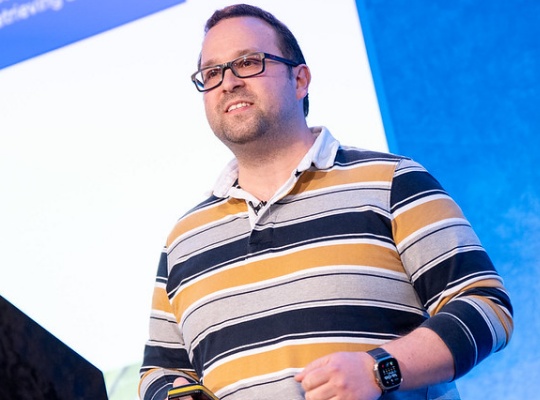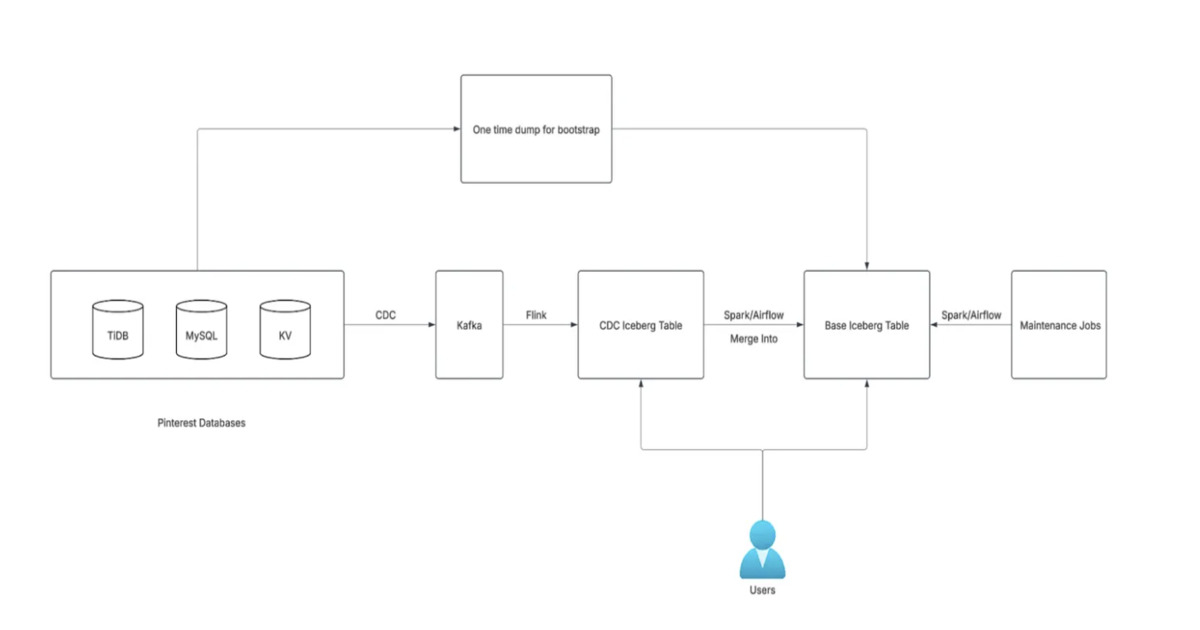Codetown
Codetown ::: a software developer's community
Sensor Village
Information
Sensors open up worlds of possibilities. SunSPOT is Java compatible sensor technology. Small Programmable Object Technology = SPOT. Working with SunSPOT or other sensors? Experimenting or thinking about it? Come on in! We want to hear all about it!
Members: 5
Latest Activity: Sep 6, 2011
SunSPOT Overview
Discussion Forum
Getting started with Arduino
(photo by Nicholas Zambetti)I just went to the Maker Faire in the Bay Area with my friend Michael Hauser. The expo was filled with Arduino!…Continue
Tags: maker, faire, gainesville, hackerspace, banzi
Started by Michael Levin Jun 14, 2009.
Arduino sensors
I was talking with my friend Daniel at the McRorie Community Garden in Gainesville yesterday. He said that gardening sensors were all the…Continue
Tags: instructables, arduino, sensors
Started by Michael Levin May 8, 2009.
What are you doing with SunSPOT?
Please share your projects (or ideas) here.
Tags: sunspot
Started by Michael Levin Mar 18, 2009.
Roger Meike Discusses SunSPOTs at Google
Started by Michael Levin Mar 18, 2009.
What is a SunSPOT?
"What is a SPOT?It’s a piece of hardware that has an array of sensors, an IO port, a radio for wireless communications, a set of LEDs, some switches, a rechargeable battery and a USB port for…Continue
Started by Michael Levin Mar 18, 2009.
SunSPOT Reading List
![]() Loading feed
Loading feed
Comment Wall
Comment
-
Comment by Michael Levin on May 27, 2009 at 9:16am
-
Vlad, I have been looking at Arduino and will go to the http://makerfaire.com/ in a few days! I'll let you know what I learn...
-
Comment by Vladimir Vivien on May 27, 2009 at 7:46am
-
Mike, great group. I have a SunSpot and it's a great toy (platform). Also, couple of other great Java-based embedded computing platforms 1) http://www.sentilla.com/developer.html Sentilla Perks and the http://BugLabs.com. Check them out.
-
Comment by Michael Levin on March 18, 2009 at 9:26pm
Notes
Welcome to Codetown!
 Codetown is a social network. It's got blogs, forums, groups, personal pages and more! You might think of Codetown as a funky camper van with lots of compartments for your stuff and a great multimedia system, too! Best of all, Codetown has room for all of your friends.
Codetown is a social network. It's got blogs, forums, groups, personal pages and more! You might think of Codetown as a funky camper van with lots of compartments for your stuff and a great multimedia system, too! Best of all, Codetown has room for all of your friends.
Created by Michael Levin Dec 18, 2008 at 6:56pm. Last updated by Michael Levin May 4, 2018.
Looking for Jobs or Staff?
Check out the Codetown Jobs group.
InfoQ Reading List
Vercel Releases React Best Practices Skill with 40+ Performance Rules for AI Agents

Vercel has launched "react-best-practices," an open-source repository featuring 40+ performance optimization rules for React and Next.js apps. Tailored for AI coding agents yet valuable for developers, it categorizes rules based on impact, assisting in enhancing performance, bundle size, and architectural decisions.
By Daniel CurtisKubernetes Introduces Node Readiness Controller to Improve Pod Scheduling Reliability

The Kubernetes project recently announced a new core controller called the Node Readiness Controller, designed to enhance scheduling reliability and cluster health by making the API server’s view of node readiness more accurate.
By Craig RisiPresentation: Platforms for Secure API Connectivity With Architecture as Code

Jim Gough discusses the transition from accidental architect to API program leader, explaining how to manage the complexity of secure API connectivity. He shares the Common Architecture Language Model (CALM), a framework designed to bridge the developer-security gap. By leveraging architecture patterns, engineering leaders can move from six-month review cycles to two-hour automated deployments.
By Jim GoughMicrosoft Open Sources Evals for Agent Interop Starter Kit to Benchmark Enterprise AI Agents

Microsoft's Evals for Agent Interop is an open-source starter kit that enables developers to evaluate AI agents in realistic work scenarios. It features curated scenarios, datasets, and an evaluation harness to assess agent performance across tools like email and calendars.
By Edin KapićPinterest’s CDC-Powered Ingestion Slashes Database Latency from 24 Hours to 15 Minutes

Pinterest launched a next-generation CDC-based database ingestion framework using Kafka, Flink, Spark, and Iceberg. The system reduces data availability latency from 24+ hours to 15 minutes, processes only changed records, supports incremental updates and deletions, and scales to petabyte-level data across thousands of pipelines, optimizing cost and efficiency.
By Leela Kumili
© 2026 Created by Michael Levin.
Powered by
![]()
You need to be a member of Sensor Village to add comments!